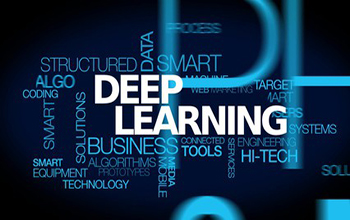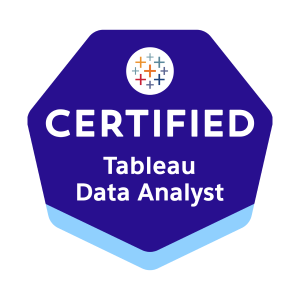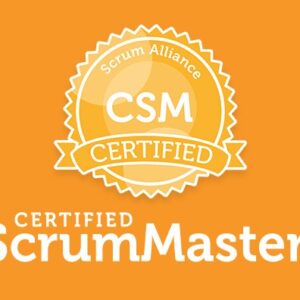Description
Course Description:
This course Deep Learning provides a hands-on and theoretical introduction to Deep Learning. Students will learn the mathematical foundations, architectures, and real-world applications of deep neural networks. The course also includes projects using frameworks.
Key Features of Course Divine:
- Collaboration with E‑Cell IIT Tirupati
- 1:1 Online Mentorship Platform
- Credit-Based Certification
- Live Classes Led by Industry Experts
- Live, Real-World Projects
- 100% Placement Support
- Potential Interview Training
- Resume-Building Activities
Career Opportunities After Deep Learning:
- Deep Learning Engineer
- AI/ML Engineer
- Data Scientist
- Computer Vision Engineer
- Natural Language Processing
- AI Research Scientist
- Healthcare AI Specialist
- Robotics & Autonomous
Essential s Skills you will Develop Deep Learning:
- Neural Network Architecture Design
- Model Training & Optimization
- Programming with Python & Libraries
- Computer Vision Techniques
- Natural Language Processing
Tools Covered:
- Tens or Flow – Google’s open-source framework for building and training neural networks.
- Kera – High-level API built on Tens or Flow, user-friendly for beginners.
- Torch – Facebook’s dynamic framework, popular in research and production
Syllabus:
Module 1: Introduction to Deep Learning History and evolution of AI and Deep Learning Difference between ML and DL Applications of Deep Learning (Vision, NLP, Healthcare, etc.) Overview of popular DL libraries: TensorFlow, Keras, PyTorch.
Module 2: Mathematics for Deep Learning Linear Algebra essentials vectors, matrices, dot product Calculus basics gradients, partial derivatives Probability and statistics for DL Loss functions and optimization overview.
Module 3: Neural Networks Basics Biological inspiration and perceptron Architecture of a Neural Network Forward and backward propagation Activation functions ReLU, Sigmoid, Tanh, Softmax.
Module 4: Training Deep Neural Networks Cost functions and gradient descent Backpropagation algorithm Overfitting and underfitting Regularization techniques (L1, L2, Dropout) Hyperparameter tuning.
Module 5: Convolutional Neural Networks (CNNs) Introduction to image processing Convolution, pooling, and padding CNN architectures: LeNet, AlexNet, VGG, ResNet Applications in image classification and object detection.
Module 6: Recurrent Neural Networks (RNNs) Sequence modeling and time-series data Architecture of RNNs and vanishing gradient problem LSTM and GRU networks Applications in NLP and forecasting.
Module 7: Advanced Architectures and Techniques Autoencoders and Variational Autoencoders (VAEs) Generative Adversarial Networks (GANs) Transformer models and Self-Attention BERT and GPT overview.
Module 8: Deep Learning Frameworks and Tools Installing and setting up TensorFlow and PyTorch Writing models from scratch Using pre-trained models and transfer learning Introduction to ONNX, Keras Tuner.
Module 9: Real-World Applications & Case Studies Computer Vision (face recognition, OCR) Natural Language Processing (sentiment analysis, translation) Healthcare (disease prediction, diagnostics) Autonomous systems robotics, self-driving cars.
Module 10: Capstone Project and Deployment Selecting and scoping a project Model evaluation and metrics Model optimization and quantization Deploying deep learning models (Flask, FastAPI, Streamlit) Using cloud platforms Google Colab, AWS, Azure.
Industry Projects:
- Object Detection for Smart Surveillance
- Fraud Detection Using Deep Neural Networks
- Autonomous Vehicle Lane Detection
- Voice Recognition and Speech-to-Text
- Stock Price Prediction Using LSTM
Who is this program for?
- Engineering and Computer Science Students
- Data Science and Analytics Professionals
- Software Developers and IT Professionals
- Researchers and Academics
- Startup Founders and Tech Entrepreneurs
How To Apply:
Mobile: 9100348679
Email: coursedivine@gmail.com









Reviews
There are no reviews yet.